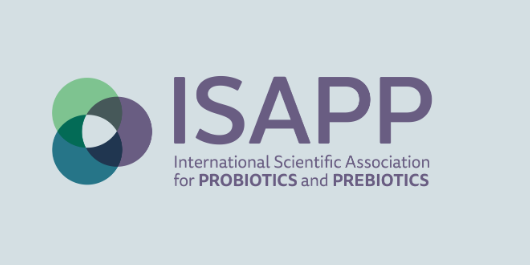New study provides support for Ecologic Allergycare to improve quality of life in allergic rhinitis patients

In a previous pilot study in collaboration with Griffith University (Australia), we were able to demonstrate that taking Ecologic® Allergycare improved quality of life (i.e. lower mini Rhinoconjunctivitis Quality of Life Questionnaire (mRQLQ) score) in seasonal allergic rhinitis (AR) sufferers and reduced the use of AR symptom relieving medication. Improvement was mostly observed in participants who had more severe AR symptoms as seen from a relatively high baseline mRQLQ score (average of 3.5). Excited by these results the researchers saw opportunity to confirm the protective effect of Ecologic® Allergycare in potential responders in a large RCT
The Study design
This RCT, again performed in collaboration with Griffith University (Australia), included 160 participants (18-65 years) with a minimum two-year history of AR, moderate to severe AR symptoms and a positive radio-allergosorbant test (RAST) to Bermuda (couch) Grass. Participants were randomized to receive Winclove’s probiotic formula Ecologic® Allergycare or placebo twice daily for eight weeks. The mRQLQ score was recorded at screening, day 0, day 28 and day 56 and symptoms and medication use were noted daily in a diary (SMD). Eventually, 142 participants finished the whole study and were included in the analysis.
Impact of quality of life
At day 56, 62% of the participants in the group taking Ecologic® Allergycare showed a clinically relevant reduction (>0.7) in mRQLQ score compared to day 0, although it was not significant compared to the placebo group. However, there was a long period between initial screening and actual start of the intervention (42 days on average). This caused 76 participants of the total study population to already have a clinically relevant reduction (>0.7) in mRQLQ score prior to the start of the study. As a consequence, only 61 participants (of which 27 in the Ecologic® Allergycare group and 34 in the placebo group) with more severe symptoms (a mRQLQ score above 3.5)’ who are considered to be potential responders, remained at the start of intervention. Sub-analysis of this group revealed that, at day 56, the amount of participants that showed a clinically meaningful improvement was higher in the Ecologic® Allergycare group than in the placebo group. This was a non-significant difference, which could be due to the small number of participants and consequent loss of power. The authors conclude that based on this study, the effectiveness of Ecologic® Allergycare for AR in this research is inconclusive and that based on previous early phase clinical evidence it remains a promising strategy for AR.
New study provides supports Ecologic® Allergycare to improve quality of life in allergic rhinitis patients
In a previous pilot study in collaboration with Griffith University (Australia), we were able to demonstrate that taking Ecologic® Allergycare improved quality of life (i.e. lower mini Rhinoconjunctivitis Quality of Life Questionnaire (mRQLQ) score) in seasonal allergic rhinitis (AR) sufferers and reduced the use of AR symptom relieving medication. Improvement was mostly observed in participants who had more severe AR symptoms as seen from a relatively high baseline mRQLQ score (average of 3.5). Excited by these results the researchers saw opportunity to confirm the protective effect of Ecologic® Allergycare in potential responders in a large RCT
The Study design
This RCT, again performed in collaboration with Griffith University (Australia), included 160 participants (18-65 years) with a minimum two-year history of AR, moderate to severe AR symptoms and a positive radio-allergosorbant test (RAST) to Bermuda (couch) Grass. Participants were randomized to receive Winclove’s probiotic formula Ecologic® Allergycare or placebo twice daily for eight weeks. The mRQLQ score was recorded at screening, day 0, day 28 and day 56 and symptoms and medication use were noted daily in a diary (SMD). Eventually, 142 participants finished the whole study and were included in the analysis.
Impact of quality of life
At day 56, 62% of the participants in the group taking Ecologic® Allergycare showed a clinically relevant reduction (>0.7) in mRQLQ score compared to day 0, although it was not significant compared to the placebo group. However, there was a long period between initial screening and actual start of the intervention (42 days on average). This caused 76 participants of the total study population to already have a clinically relevant reduction (>0.7) in mRQLQ score prior to the start of the study. As a consequence, only 61 participants (of which 27 in the Ecologic® Allergycare group and 34 in the placebo group) with more severe symptoms (a mRQLQ score above 3.5)’ who are considered to be potential responders, remained at the start of intervention. Sub-analysis of this group revealed that, at day 56, the amount of participants that showed a clinically meaningful improvement was higher in the Ecologic® Allergycare group than in the placebo group. This was a non-significant difference, which could be due to the small number of participants and consequent loss of power. The authors conclude that based on this study, the effectiveness of Ecologic® Allergycare for AR in this research is inconclusive and that based on previous early phase clinical evidence it remains a promising strategy for AR.






